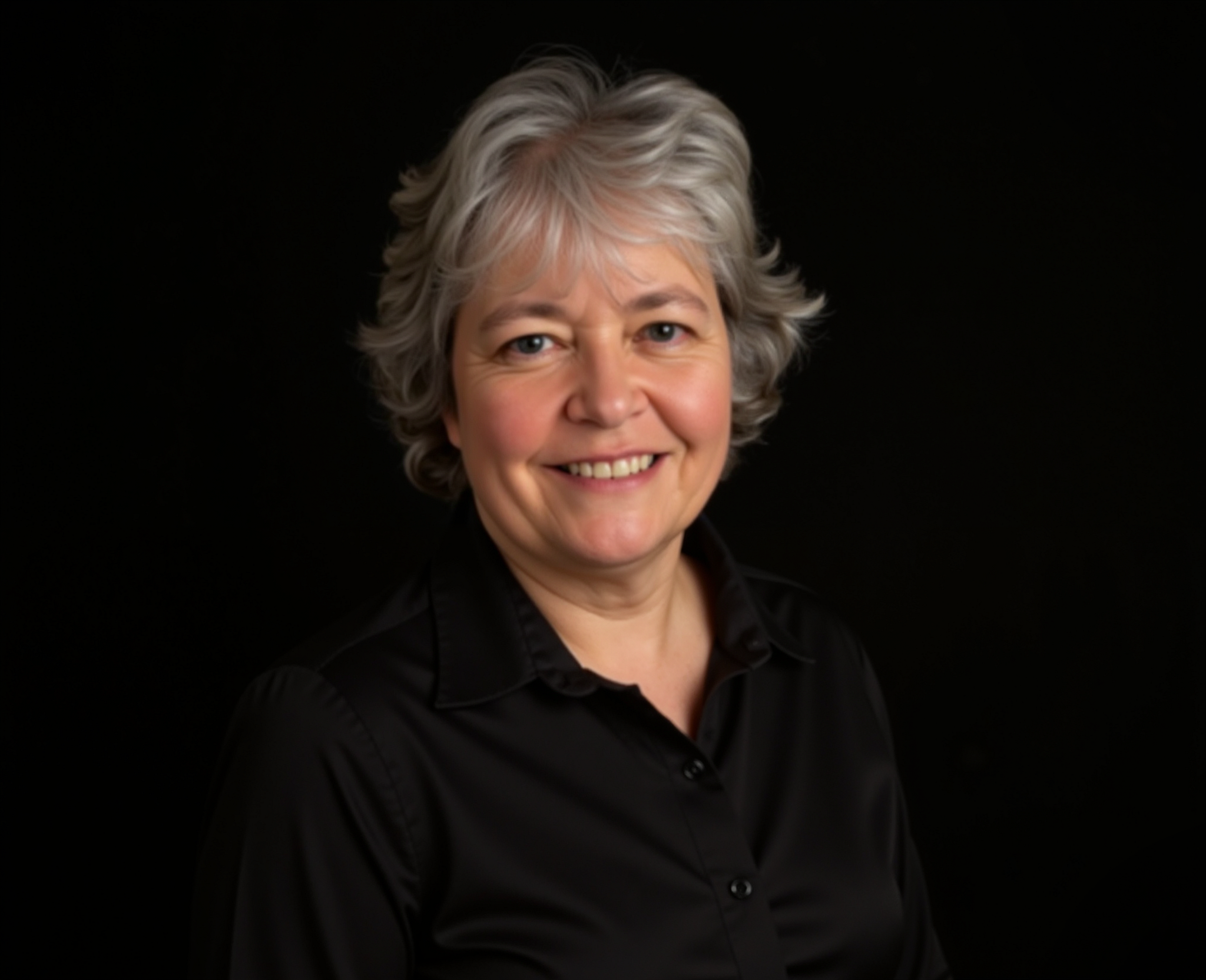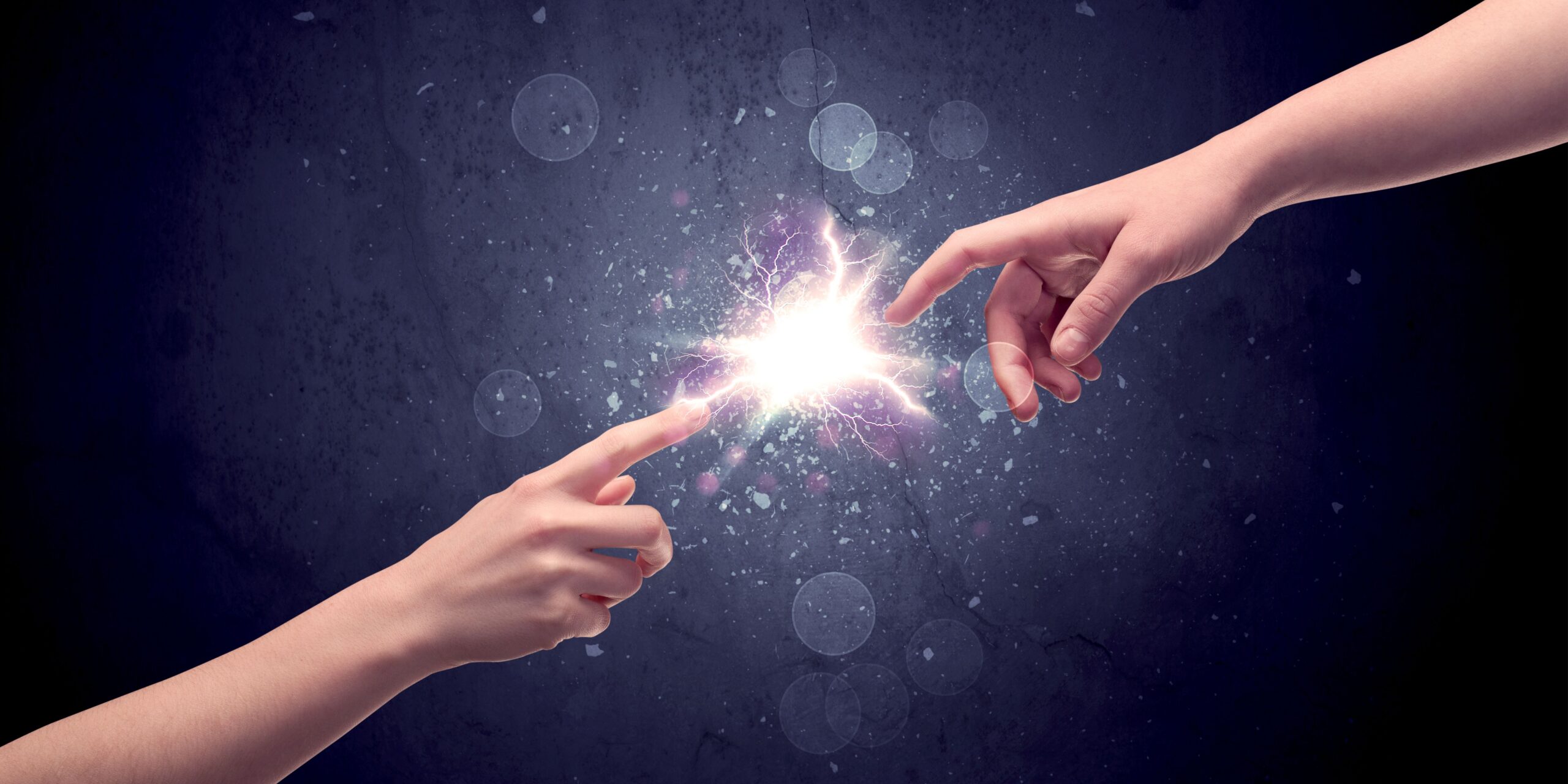What if the very traits we’ve spent decades pathologising are the ones that humanity needs most right now?
I was left even more convinced after reading a recent Science News[i] article on “hypercuriosity”, a term neuroscientist Anne-Laure Le Cunff uses to describe the urgent, unstoppable drive to explore, question, and understand that many ADHDers experience. She links curiosity neurologically to impulsivity – a trait often labeled as ‘dysfunctional’, which might actually point to something more powerful.
For many of us with ADHD, autism, dyslexia, or other learning differences, this isn’t some groundbreaking revelation. It’s a description of what we’ve felt all along: that our ways of thinking aren’t broken. They’re just different, and often, they’re highly valuable.
I was diagnosed with ADHD only a few years ago, after half a century of navigating a world where we praise performance but keep differences hidden. At the time, diagnosis helped explain the burnout I was battling. The most powerful shift, however, came not from the explanation, but from reframing.
The Power of Reframing
Training to become a professional coach, I came to understand that all my ‘weird’ traits (for example, non-linear thinking, emotional intensity, and odd but intuitive leaps of thought) are also valuable sources of creativity, empathy, and insight. This understanding didn’t “fix” me, but it did give me permission to stop trying to fix myself.
Now, working as a neurodiversity coach, I’m finding that the same insight can be helpful for clients. They often arrive feeling disorganized, distracted, or even believe that they’re considered ‘difficult to work with’. But when we dig deeper, they share that they’ve also been praised for deep perception, flair for innovation, and ability to notice what others miss. The problem, more often than not, isn’t their brain. It’s the way they react to operating in environments which weren’t designed with their unique brain wiring in mind.
Once we acknowledge that every brain on this planet is uniquely wired, it becomes clear: neurodiversity is not a pathology to treat, but potentially our greatest untapped resource[ii]. Neurodiversity isn’t a flaw to fix – it opens up the possibility of shaping a future that’s more visionary, inclusive and authentically human.
From Medical Model to Social Shift
For centuries, neurodivergent traits have been framed through a medical lens – diagnosed, measured, medicated, managed. Yes, this framing has brought recognition and support. But it’s also driven a powerful deficit narrative. And that’s a problem as deficit narratives seep into everything: school reports, workplace feedback, health assessments and public attitudes.
When we define difference as a ‘disorder’ neurominority individuals internalize shame, and society squanders potential.
Now it’s time to move beyond ‘accommodating’ people to designing inclusive systems that embrace the full range of human thinking and being.
Why This Matters Now
Right now we’re overwhelmed by complex, overlapping crises – climate collapse, increased conflict, mental health breakdown and rapid technological change. New ways of thinking are urgently needed: more relational, more ethical and more systems-aware.
The good news? These are precisely the areas where neurodivergent minds often excel – when they’re embraced, and truly supported to thrive.
Instead of nurturing these strengths, we push people through schools that value memorising over understanding, workplaces that reward conformity, and medical systems that label as problems the very traits we need most. This sidelines people who may hold answers to many of the challenges we need face[iii].
Even more than a missed opportunity, this is a social failure.
Neurodiversity is no longer a niche issue – it’s a public good vital for powering innovation, justice, education, health, and the future of work. Embracing it isn’t just the right thing to do; it’s vital if we are to create a more adaptive, more compassionate, possibility-thinking world.
Coaching as Transformation
As coaches we are taught to “meet the client where they are.” That’s precisely what a neuroinclusive world must learn to do.
Coaching doesn’t aim to “fix” anyone’s brain. We help people work how their brain is wired to find clarity, energy, and strategies that fit. Coaching is one of the few spaces where neurodivergent minds are met with curiosity rather than control. Just imagine what would be possible if our institutions, schools, and workplaces did the same.
That’s the cultural shift we need now.
Reframing the Future
Of course, hypercuriosity is only one trait within a much broader neurodiverse constellation. Deep focus, sensory awareness, moral clarity, emotional intuition, and pattern recognition aren’t random anomalies – they are valuable human assets. And in a world where the old ways no longer work, these traits are precisely what we need.
We don’t need to fix people who think differently. We need to fix systems that tell people that they are broken[iv]. The future will be built by minds that connect, diverge, disrupt, reimagine, collaborate and strive for meaning.
So let’s stop asking how we fix neurominority people and start asking what happens when we start truly valuing, celebrating and harnessing them[v].
REFERENCES
[i] Gupta, S. (2025, September 16). People with ADHD may have an underappreciated advantage: Hypercuriosity. Science News. https://www.sciencenews.org/article/adhd-advantage-hypercuriosity
[ii] Stenning, A., Harwood, S., & Russell, G. (2021). Neurodiversity studies: Mapping out possibilities of a new paradigm. Disability & Society, 36(9), 1443–1463. https://doi.org/10.1080/09687599.2020.1809352
[iii] Ratten, V. (2024). Neurodiversity and inclusive social value management. Journal of Management & Organization, 30(3), 481–490. https://doi.org/10.1017/jmo.2024.7
[iv] Dwyer, P., Manganas, M., & Martin, N. (2022). The neurodiversity approach(es): What are they and where do they come from? Frontiers in Psychology, 13, 921493. https://doi.org/10.3389/fpsyg.2022.921493
[v] Srinivasan, S., Lloyd, S., & Kim, M. (2025). Neurodiversity 2.0 – Harnessing cross-disciplinary disability, policy, and justice perspectives. Social Science & Medicine, 336, 115517. https://doi.org/10.1016/j.socscimed.2024.115517

Author: Susan Mackay
With over 20 years of experience in empowering, coaching, and mobilizing for social change, Susan Mackay is a catalyst, coach, and changemaker who has worked in more than 40 countries to spark positive and meaningful change. Specialising in neurodiversity and inclusion, she is an internationally certified individual and Team Transformation Professional Coach and a certified facilitator in various methods, including LEGO® SERIOUS PLAY® and Human-Centered Design. Susan employs creative approaches to help individuals, families, and professional teams co-create their vision and action plans. Her rich cross-cultural experience includes senior roles at Gavi, the Vaccine Alliance, UNICEF, WHO, and the BBC, where she led impactful initiatives and built effective global partnerships.


